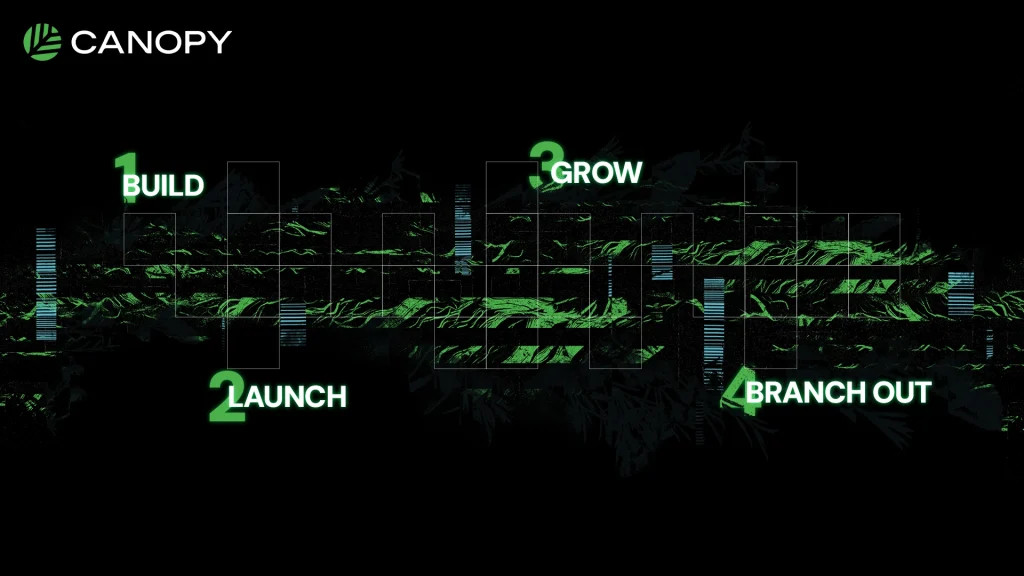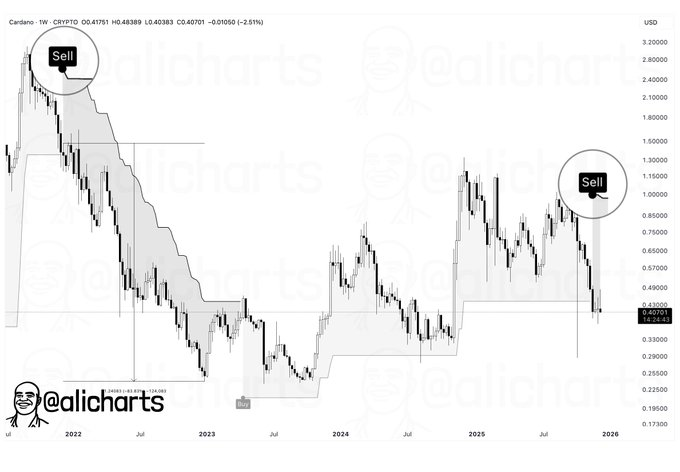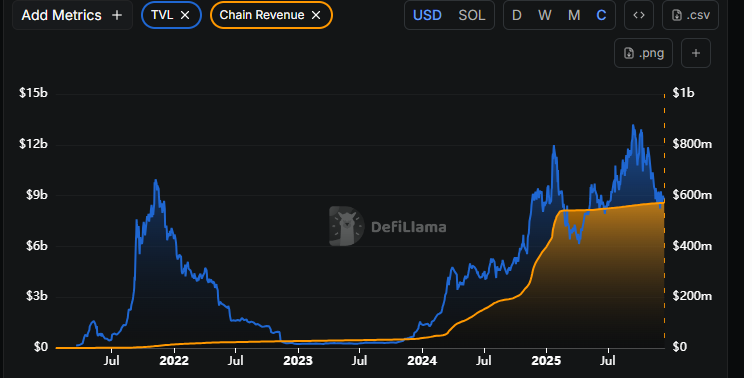a16z: How to Build a Business Development and Growth Team?
Chainfeeds Guide:
Before recruiting, you need to be very clear about what your company is actually building, how you will measure success, and how a new BD or growth position can help you achieve these goals.
Source:
Author:
a16z
Opinion:
a16z: Building business development (BD) and growth functions in the crypto industry is fundamentally different from traditional Web2, due to the structural characteristics of crypto itself. First, token design determines the complexity of partnership models. When and how to introduce tokens in partnerships requires not only an understanding of your own tokenomics, but also a deep grasp of the target ecosystem; otherwise, incentives can easily be wasted. Second, distribution channels are primarily on-chain, emphasizing wallets, airdrops, and tasks, rather than the email marketing or advertising campaigns common in Web2. Third, decentralized governance requires BD roles to interact not just with corporate executives, but also with DAO governance communities, coordinating multiple stakeholders, which significantly increases complexity. Fourth, the open-source nature of crypto makes competition more transparent, and successful models can often be quickly copied. These elements do not apply to every project, but once they become core, they directly impact recruitment strategies, talent profiles, and growth paths. Therefore, before starting recruitment, teams must clarify their product positioning, success metrics, and how new roles will drive these goals; otherwise, job definitions can become vague, ultimately affecting execution.
In the early stages of a company, the first step in hiring BD or growth roles is to clarify the function of the position. BD typically focuses on strategic partnerships (such as exchange listings, wallet integrations), growth emphasizes product-driven user loops and conversion optimization, partnerships focus more on joint marketing and deep integration, revenue roles focus on client sales, while ecosystem roles cover developer relations, community incentives, and grants. Although they all fall under the go-to-market umbrella, the skill requirements and success metrics differ greatly. A common pitfall is expecting one BD talent to cover all functions, resulting in poor performance across the board. For early-stage projects, execution is most critical; the ideal candidate should be able to directly engage the market, develop clients, and drive signings, not just formulate strategies. When evaluating, goals should be set according to the product stage: for example, achieving a certain number of pilot agreements, integrating into key protocols, or accumulating a certain number of high-quality leads, rather than vaguely "doing BD." At the same time, be cautious about the timing of recruitment. Before product-market fit (PMF), you need versatile talent to validate direction and demand; after PMF, you need experienced talent capable of building processes and teams. Bringing in senior roles like CRO/CGO too early can lead to excessive strategy and insufficient execution, a common and costly mistake in early-stage startups.
As the product matures, the team will face organizational design and regional expansion issues. Should BD, growth, and marketing be managed together? Early on, yes, but as the team scales, it's best to separate them, since BD focuses on partnerships, growth on product conversion, and marketing on brand and communications. Another issue is when to establish customer success or integration support teams. For complex, customized, or SaaS-like products, it's important to establish this function early to ensure customers can actually implement the product. For L1/L2 protocol teams, BD is usually not a single role but a collaborative effort: core BD (expanding developers and projects), ecosystem teams (responsible for grants and community), technical integration teams (supporting deployment), and regional teams (driving localization). At the governance level, BD also needs to understand how DAOs operate, from proposing proposals, securing votes from whales and retail holders, to coordinating both on-chain and off-chain activities. This requires candidates to not only have sales experience but also understand the product context and governance history. Common mistakes include: keeping BD, growth, and marketing functions bundled together for too long, causing stagnation in one area; segmenting by vertical or region too early, leading to resource misallocation; and lacking technical support, resulting in failed integrations. In interviews, best practices include combining case studies, simulated pitches, and cross-departmental interviews to test both strategic thinking and execution and communication skills. Overall, the core of recruitment is timing and clarity: define the type of talent needed, set stage-specific goals, and avoid vague delegation of authority. [Original text in English]
Disclaimer: The content of this article solely reflects the author's opinion and does not represent the platform in any capacity. This article is not intended to serve as a reference for making investment decisions.
You may also like
BOJ to Start Selling $534B in ETFs as Rate Hike Looms; Bitcoin Under Pressure?
Canopy Introduces ‘Progressive Autonomy’: A New Framework That Makes Launching a Blockchain Easy

ADA Price at a Crossroads: Why 2025 Isn’t a Repeat of Cardano’s 2022 Collapse

Can SOL Price Recover Despite a 55% Q4 Correction?

